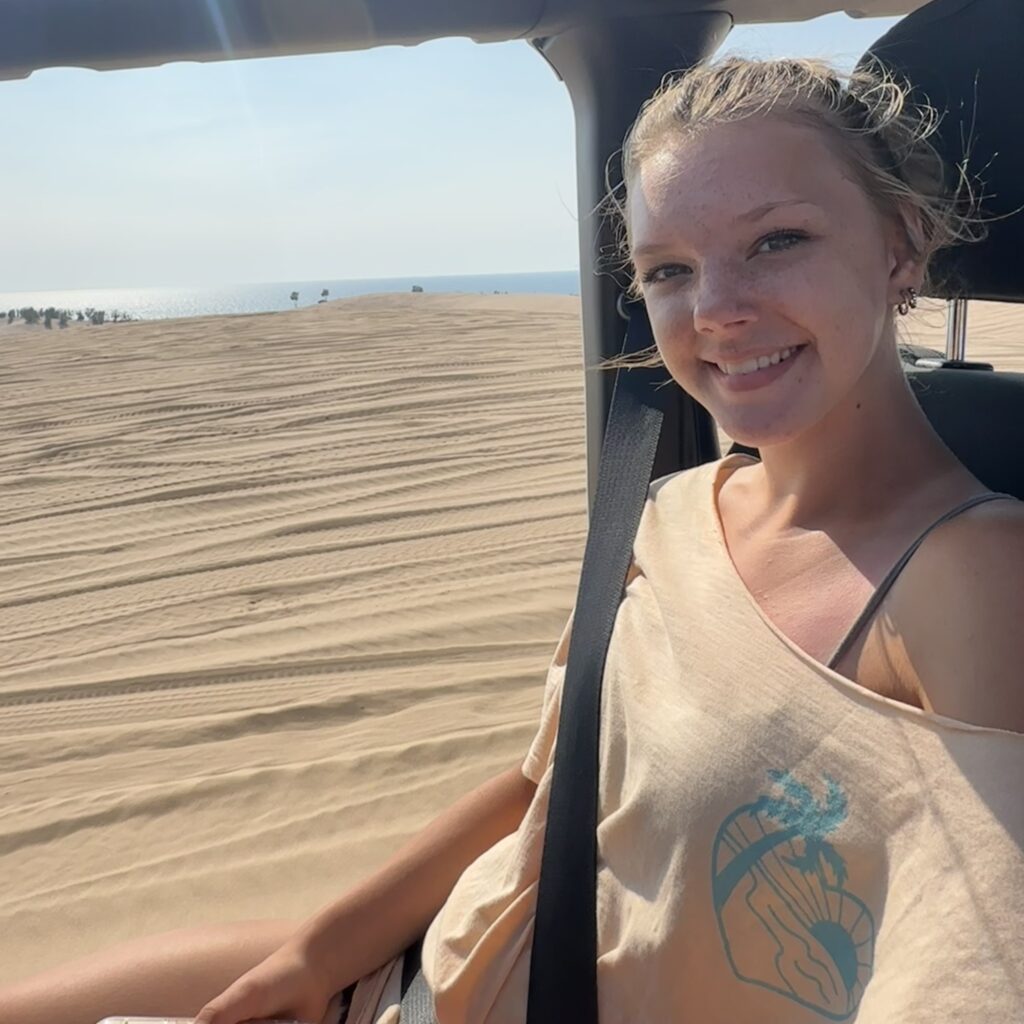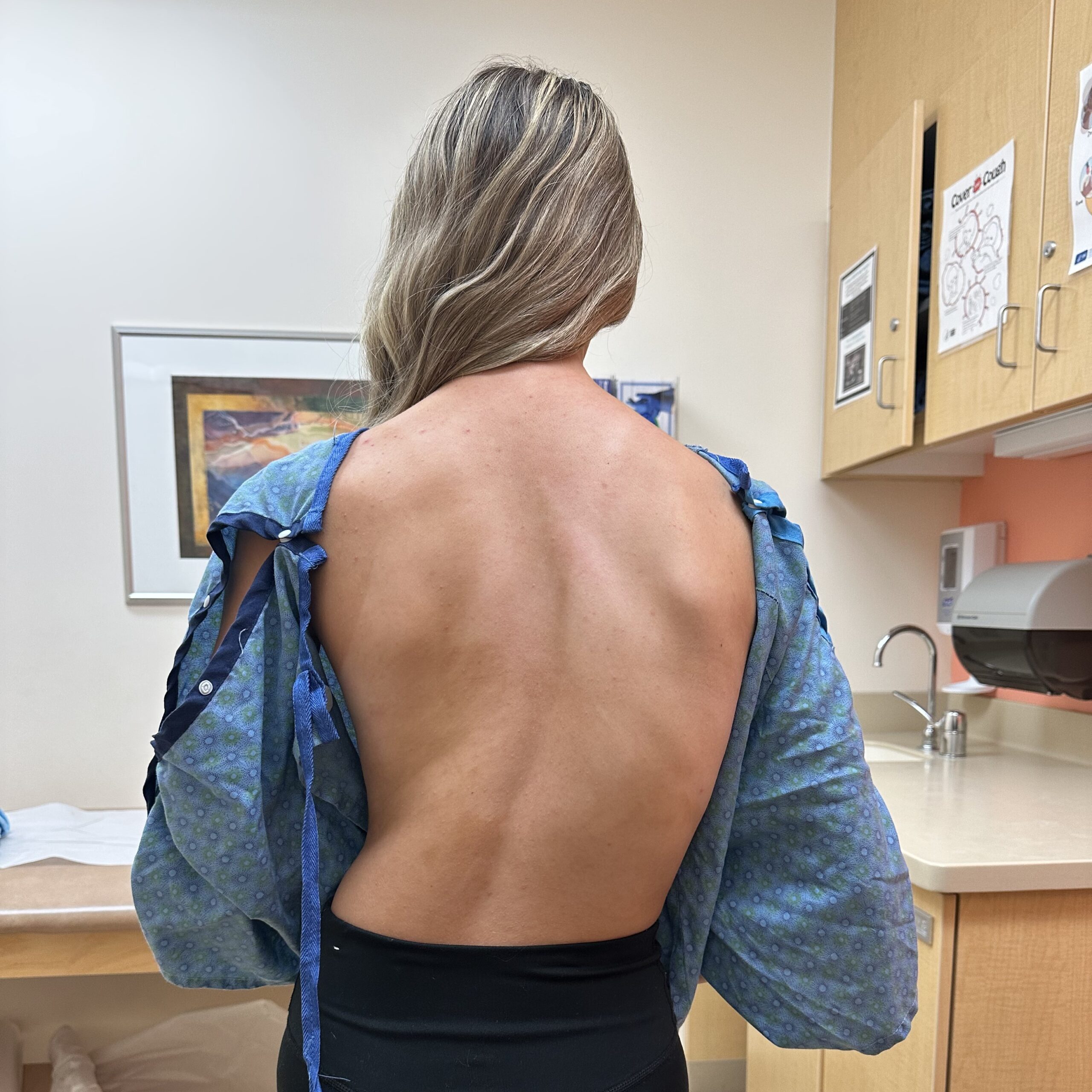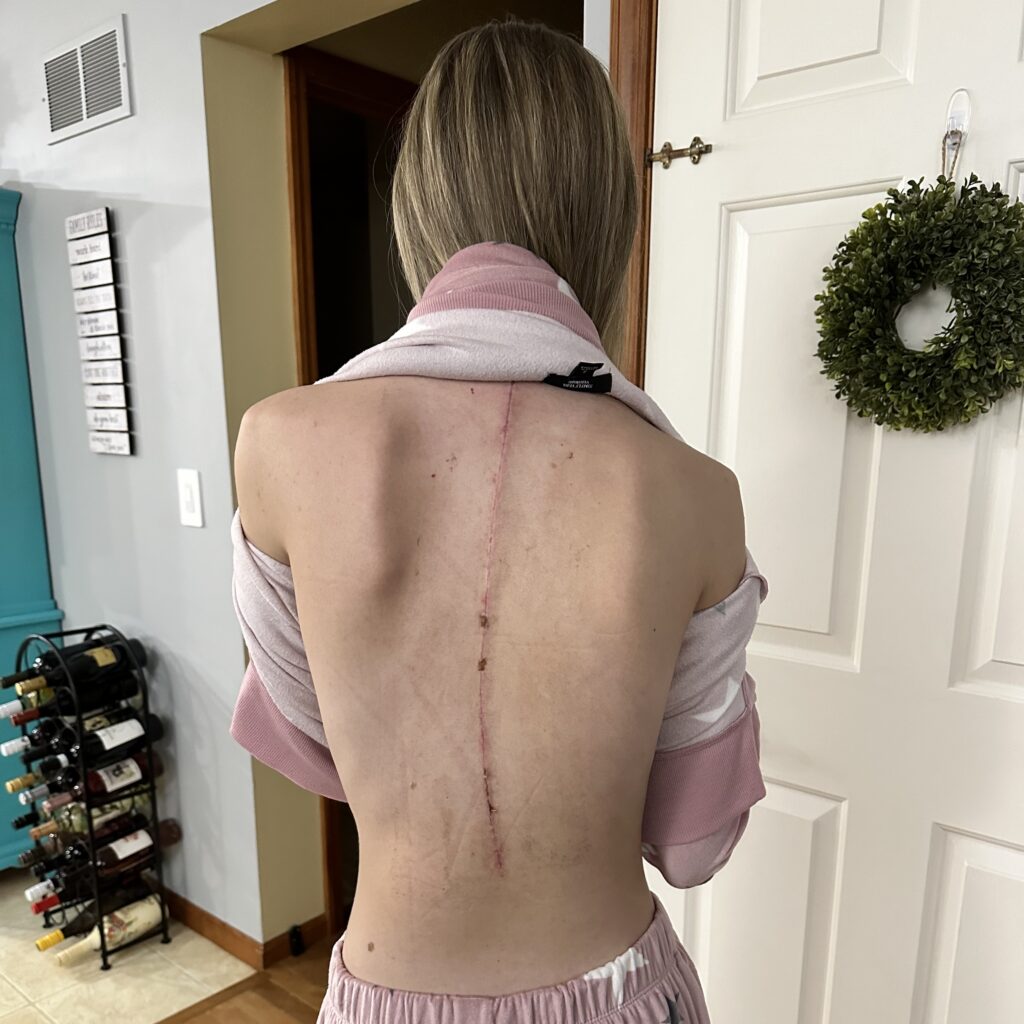More Than a Curve: Why Scoliosis Awareness Matters
When I was 10 years old, I was diagnosed with something I couldn’t even pronounce—scoliosis. To me, it was just a big medical term thrown at a little girl. I didn’t really understand what it meant, let alone how it would affect my life. Now, years later, after wearing a brace, facing guilt, and undergoing major surgery, I understand not only what scoliosis is—but why we need to talk about it more.
Scoliosis is a condition where the spine curves sideways. It sounds simple, but the physical and emotional weight of that curve is far from it. When you’re a kid, hearing that something is wrong with your spine is terrifying. And for many of us, that fear is made worse by not knowing what’s
next.
At age 12, I was fitted with a back brace. It was uncomfortable, awkward, and hard to hide. I was supposed to wear it for 18 to 20 hours a day. But like many young girls dealing with scoliosis, I didn’t follow the instructions strictly. I was embarrassed. I wanted to feel normal. I didn’t want to be the “girl with the brace.” Looking back, I know it wasn’t just about stubbornness—it was about being a kid trying to balance growing up with growing pressure on
my spine.



The brace didn’t work as expected. My curve progressed, and by December 2023, I underwent spinal fusion surgery. It was one of the biggest challenges of my life. The pain, the recovery, the fear of the unknown—none of it was easy. But that experience also gave me something unexpected: strength. And a voice.
That’s why I’m sharing my story—to raise awareness for scoliosis and the thousands of kids like me who are living through it. Awareness matters because early detection is key. If more parents, teachers, and even kids knew what to look for—uneven shoulders, hips, or ribcage—we could catch scoliosis before it progresses too far. Awareness matters because the emotional toll is just as real as the physical one. Kids need support, not shame.
There is still too much silence around scoliosis. It’s not just a “spine problem”—it’s a self-esteem problem, a mental health challenge, a lifestyle change. It’s time to bring it out of the shadows. To anyone reading this who might be newly diagnosed, scared, or feeling alone: I see you. I’ve been you. And I promise—it gets better. Your curve doesn’t define your strength. You do.
Let’s keep raising our voices. Let’s keep spreading awareness. Because scoliosis may bend our spines, but it won’t break our spirit.
Read more patient stories like this from around the world.





